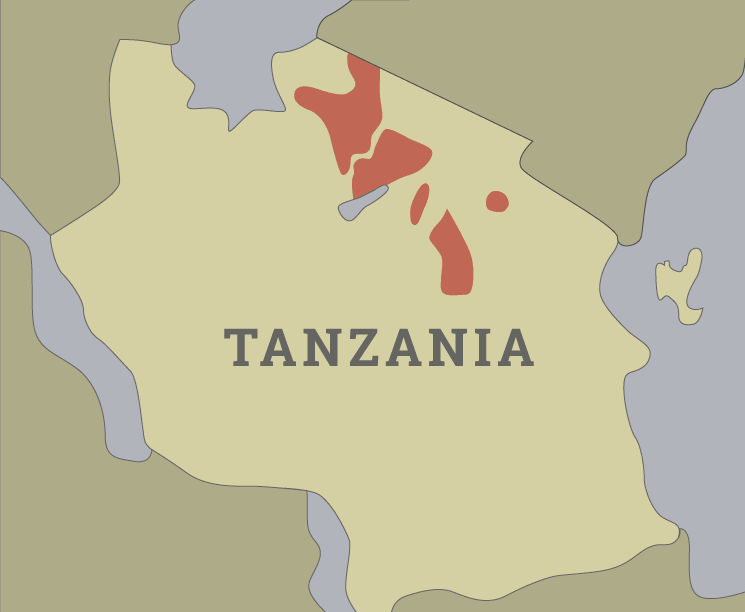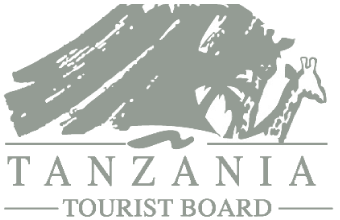February - Green Season
February is one of the most popular months in Tanzania and marks the middle of the green season. The Serengeti plains are a beautiful shade of green, dust levels are minimal and most wildlife species are easy to spot. February is the warmest month of the year and the famous migration is concentrated in massive numbers on the Serengeti plains, which in turn attracts large numbers of predators. February is the time of plenty and many animals time the birth of their families to coincide with the green season.
Occasional showers can be expected in February. The rains from early November to late March are usually sporadic and typically do not last for more then a few hours. There is a chance of heavier rain during this period but during most years the heavier rains fall in April. These expected sporadic showers do not usually pose much of an inconvenience while game driving. If it does rain, it will usually clear in 1-2 hours and more then likely the rain will be localized. It is rare that rain clouds will settle over a large area for an extended period of time.Rain falls in different amounts over various locations throughout Northern Tanzania. The Ngorongoro Crater, Tarangire and Lake Manyara receive higher rainfall then many parts of the Serengeti. There is a steep rainfall gradient in the Serengeti from the dry southeast to the wet northwest. The winds that bring rain blow from the east. The Ngorongoro Highlands block much of the rain from reaching the eastern and southern plains of the Serengeti. However, the western and northern parts of the Serengeti receive a much greater amount (2-3 times more) of participation as compared to the southern and eastern Serengeti. The wetter western and northern Serengeti areas are affected by Lake Victoria. This means that in the southern Serengeti where you should ideally focus your February safari, the rains should not be an issue and it will rain substantially less then the other areas of the Serengeti and Tanzania.
Temperatures are pleasant with an average high of 83 degrees and an average low of 60 degrees. However, the rim of the Ngorongoro Crater can get quite cold at night and in the early morning. Visitor numbers will be moderately high in February. This is a popular time to visit the parks as it coincides with the wildebeest calving season. February is certainly an excellent time to visit but there other months do offer equivalent or better game viewing. The good news is that the vast majority of people are on package tours staying at the main lodges and zipping around the main roads in only a few popular areas. With careful planning we can customize your safari so you will encounter more lions than people.














